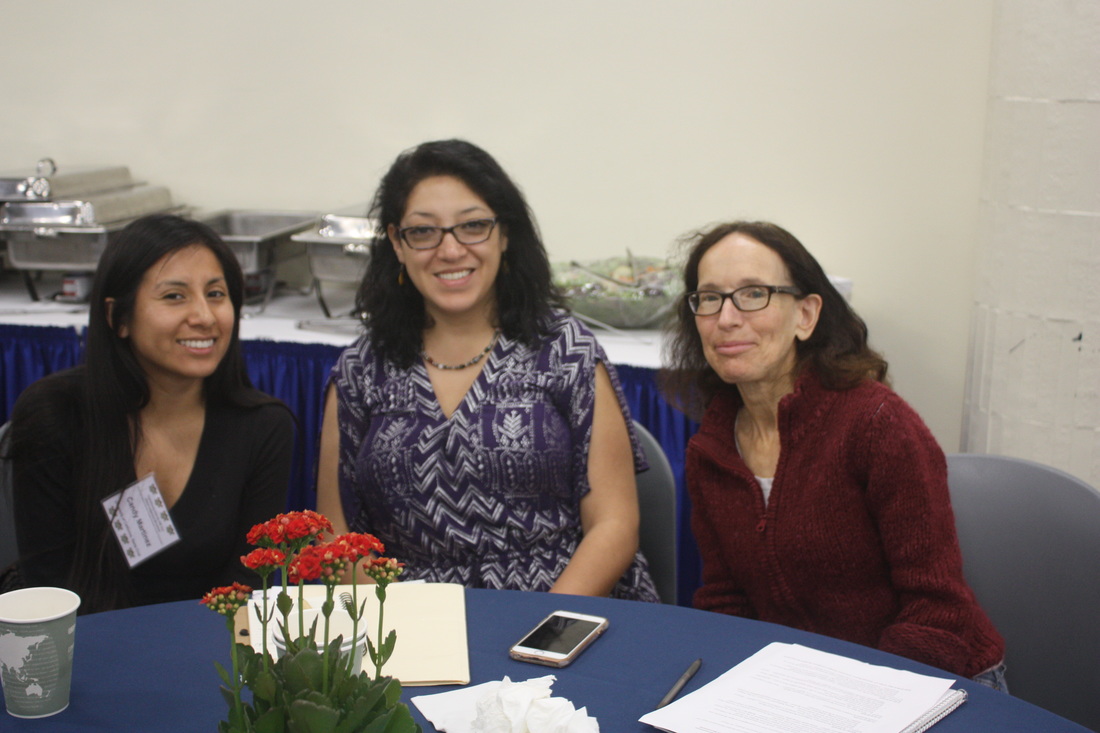 Candy Martinez (left)
Candy Martinez (left) I identify myself as a women of color who has indigenous Zapotec roots, but don’t necessarily self-identify as Zapotec because of my U.S. upbringing. This was my first event that I attended filled with Native peoples from all over the U.S. I learned about the ways in which different groups from throughout the Americas continue to hold onto their oral histories and traditions. As I grow older, the more I realize the need to conserve my indigenous identity. During this event, I valued the presentations by the graduate students emphasizing indigenous methodologies and epistemologies. There was a salient emphasis on knowing the land, respecting nature by taking just what one needs, and recognizing the spirits of the land (as mentioned by the keynote speaker Dr. Dian Million). By showing us pictures of her family, Dr. Million reminded us of the necessity to cherish our families while we jump through the hurdles of graduate school.
This symposium left me with an idea some frameworks that I would like to incorporate including Linda Tuhiwai Smith's, Decolonizing Methodologies and Dr. Million’s book Therapeutic Nations: Healing in an Age of Indigenous Human Rights.
I have a lot of homework to do and my presentation about generational trauma and memory made me realize how I failed to include the literature of Native American scholars or Mixteca epistemologies, but I’m so happy to know that there are safe spaces such as the symposium where it is okay not to have the answers yet but to work through the problems. It was especially nice to have people come up to me after my presentation and provide me with additional reading material and/or comments.
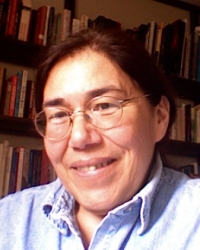
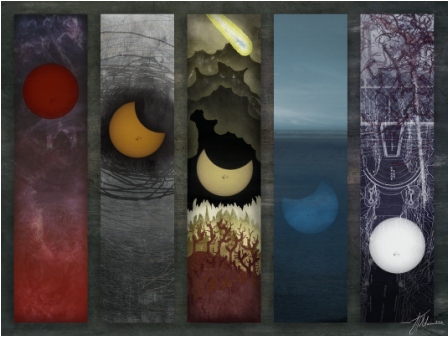
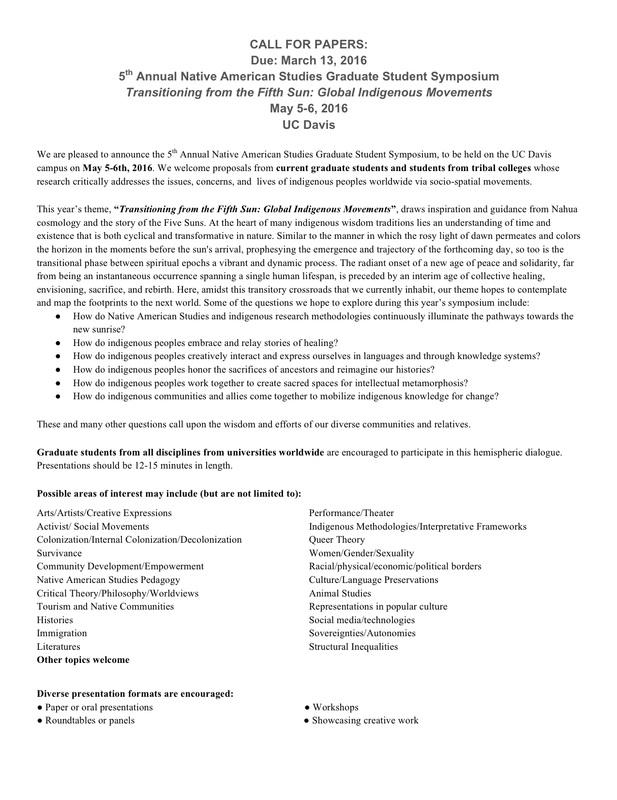
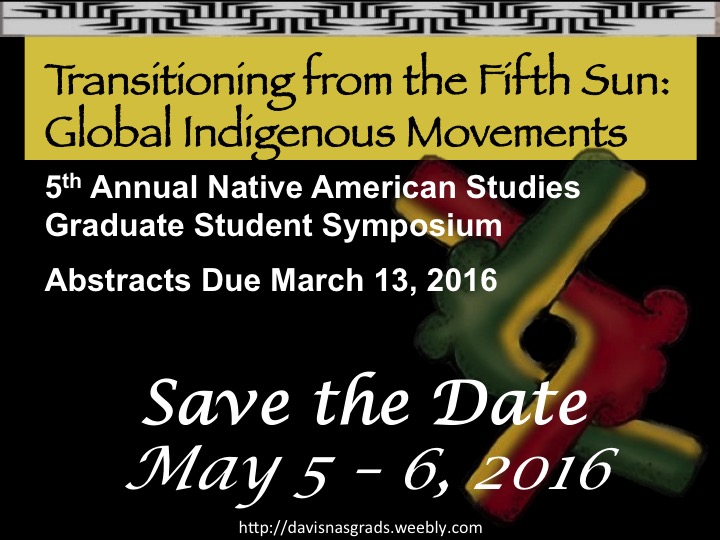
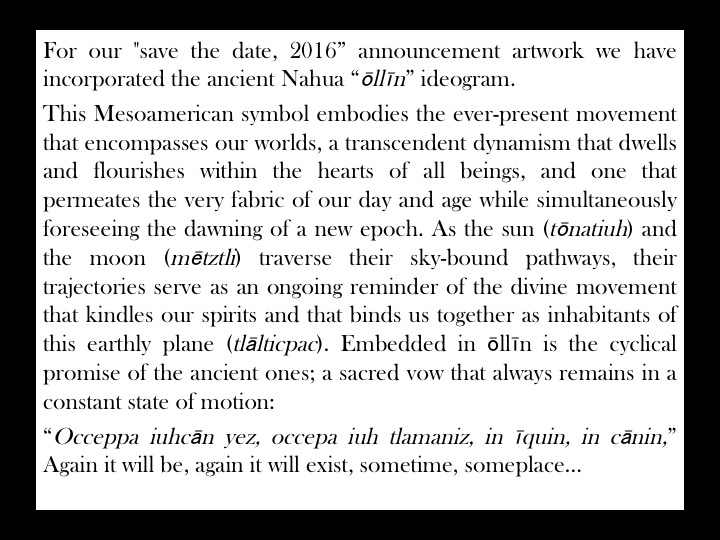
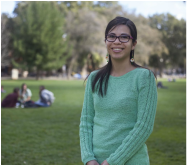
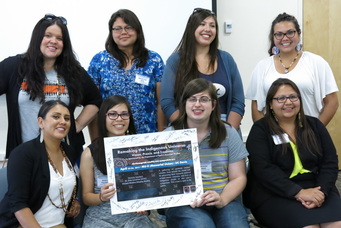
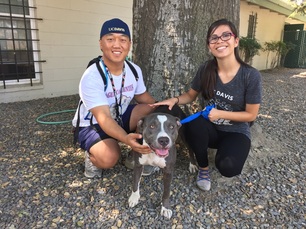
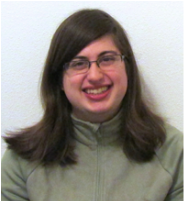
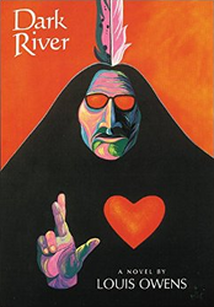
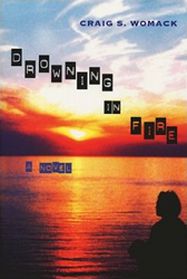
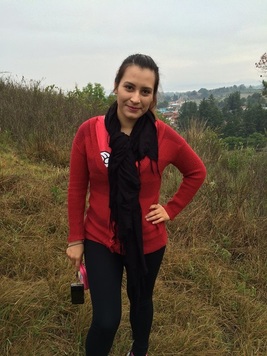
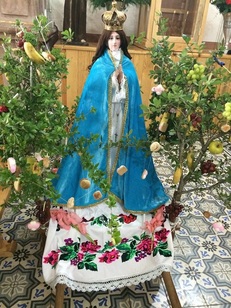
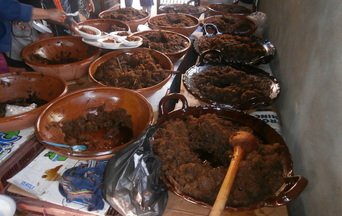
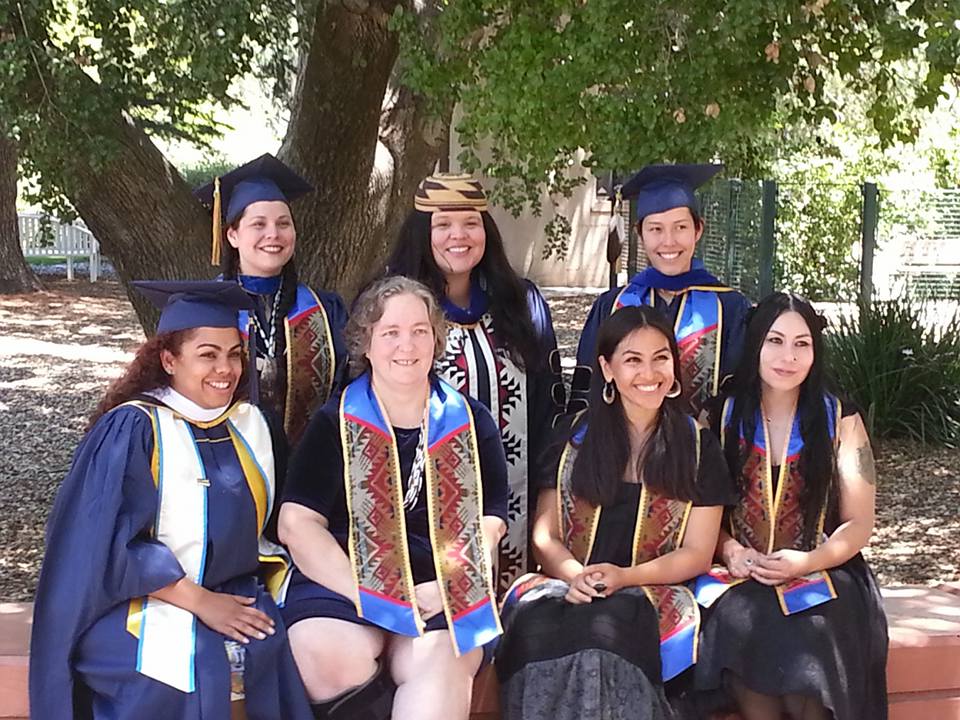
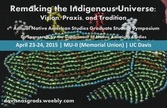
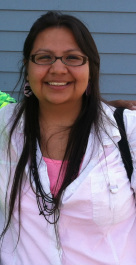
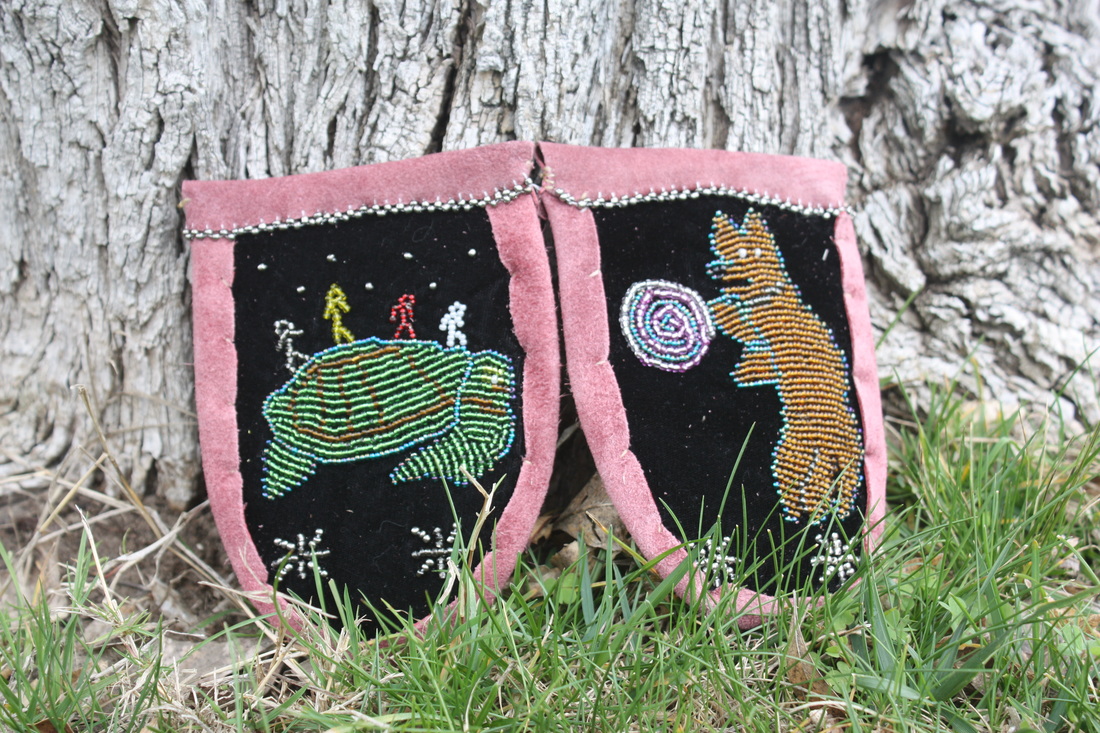
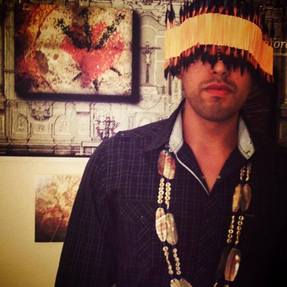
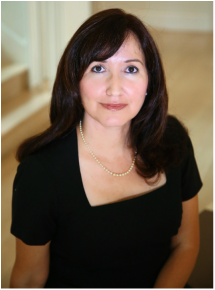
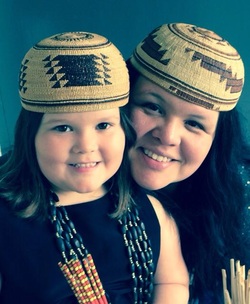
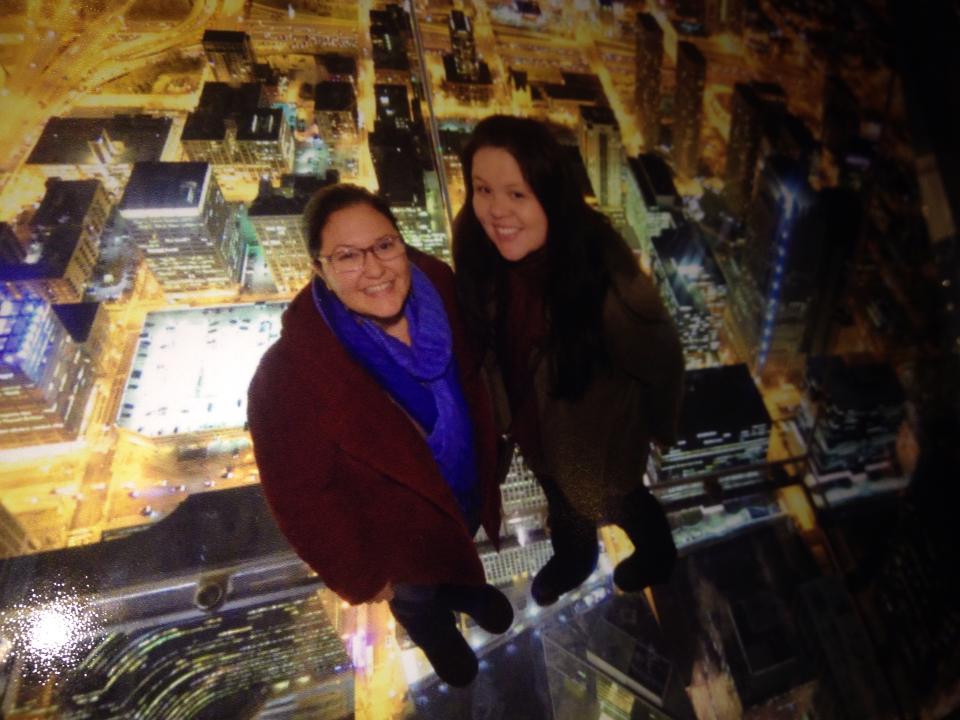
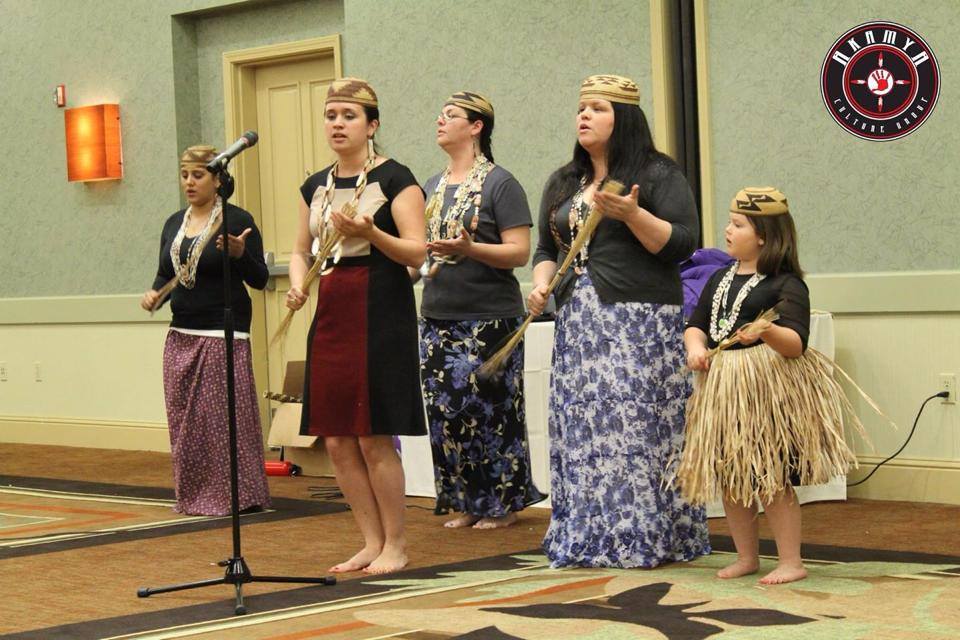
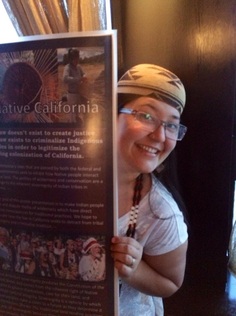
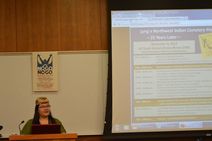
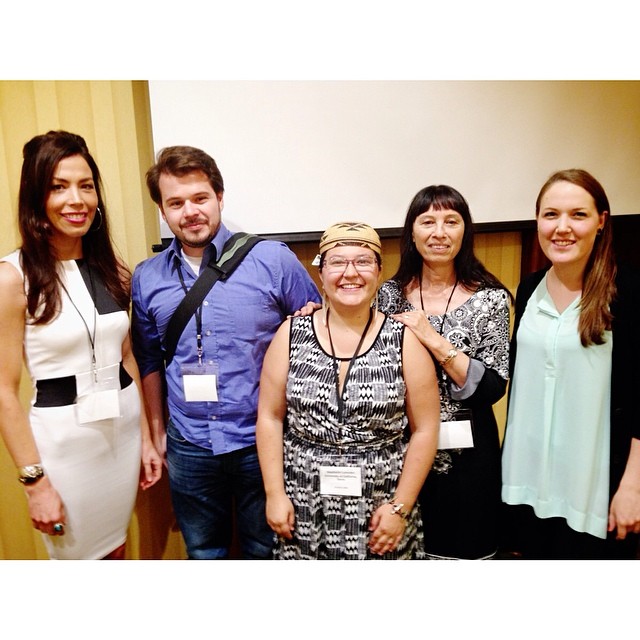
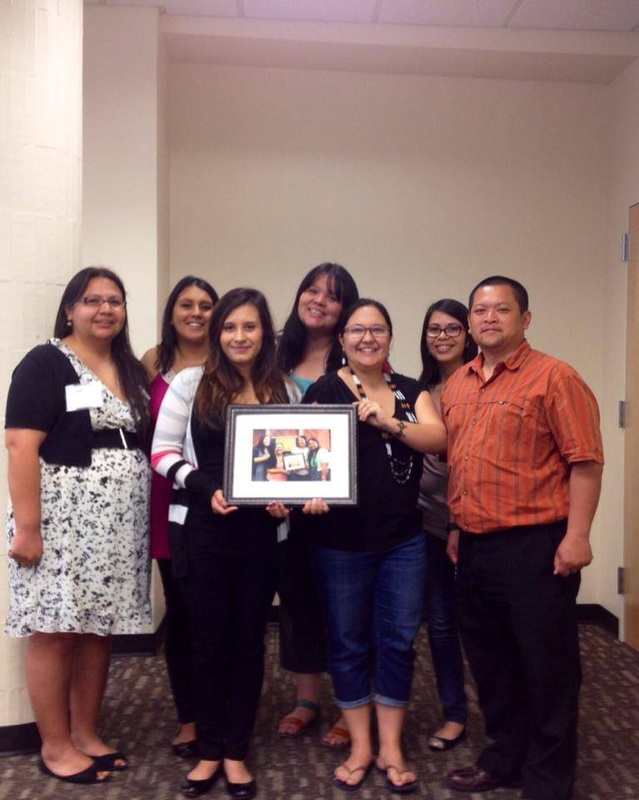
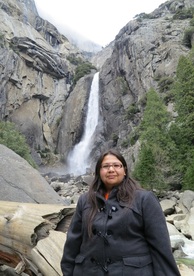
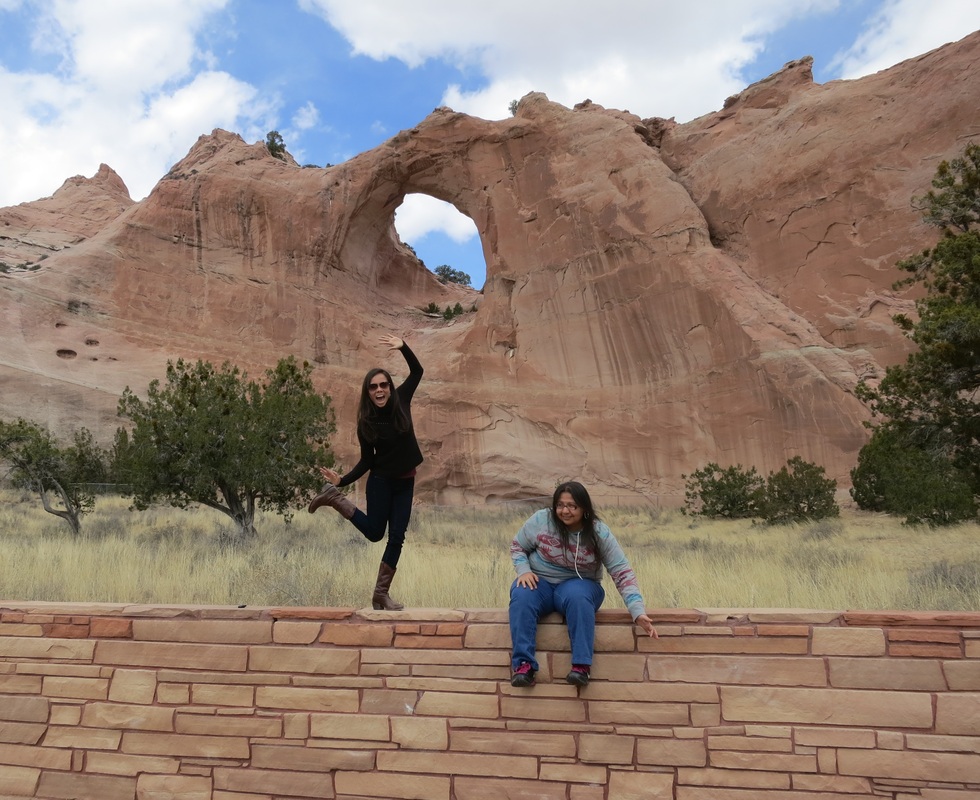
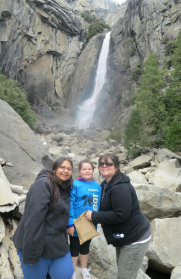
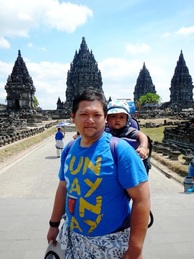
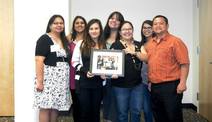
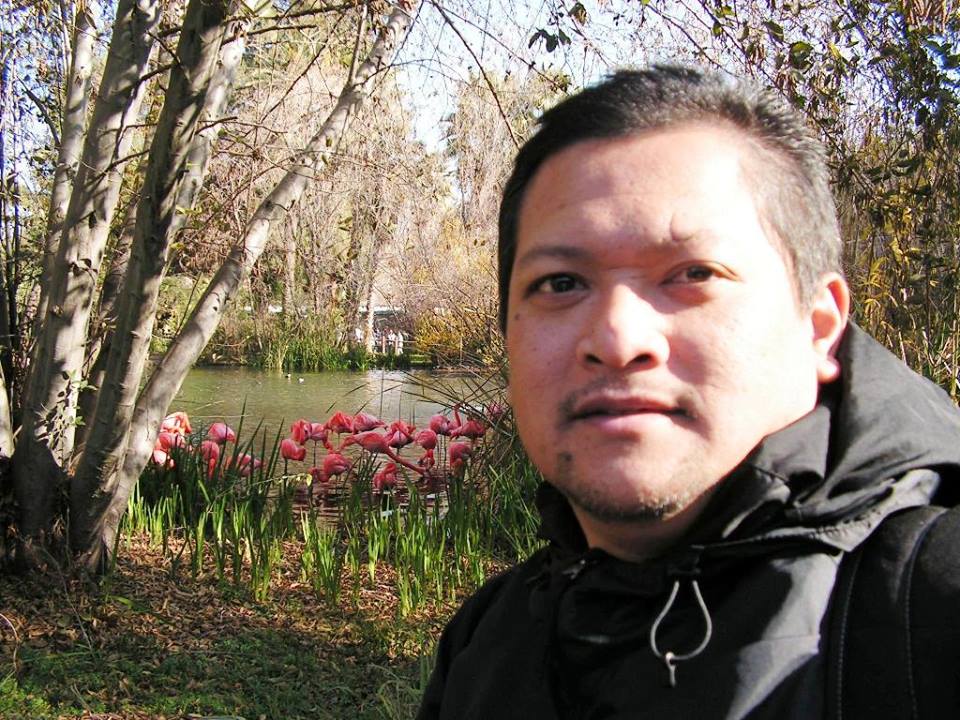
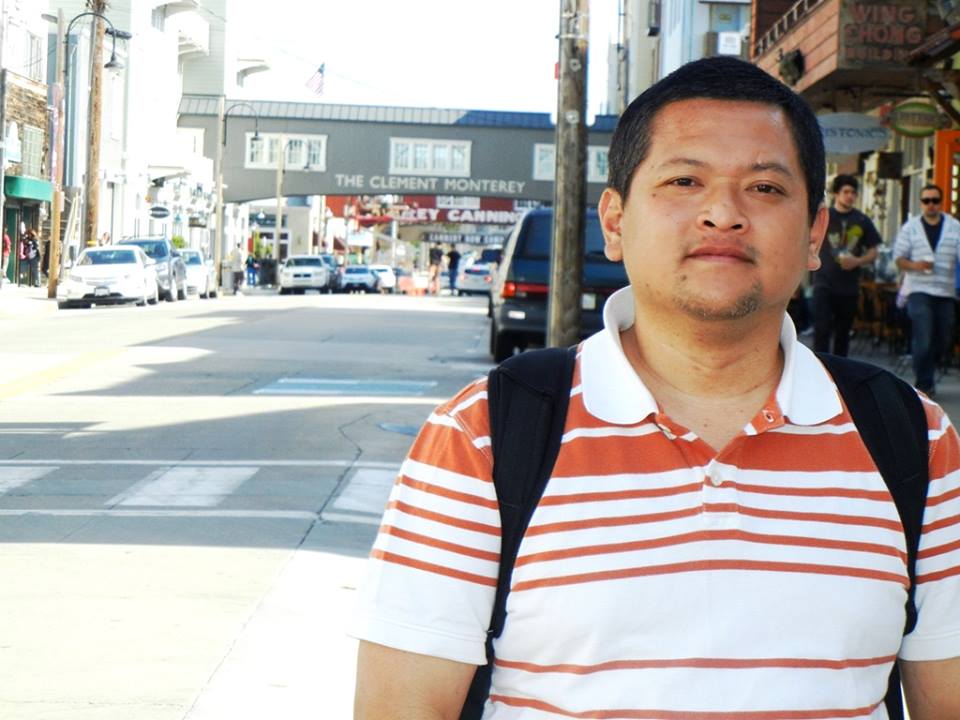
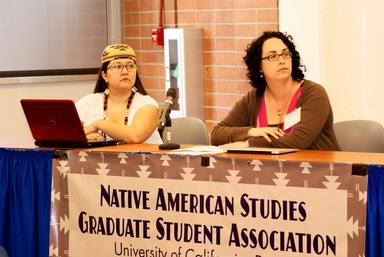

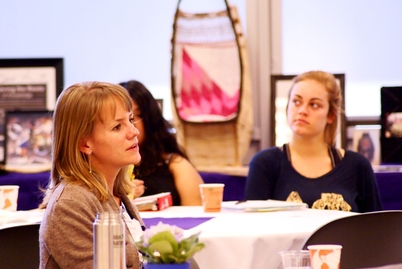
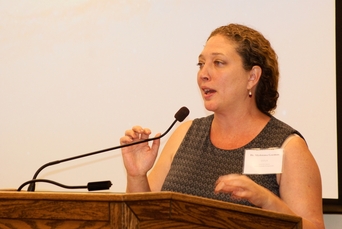
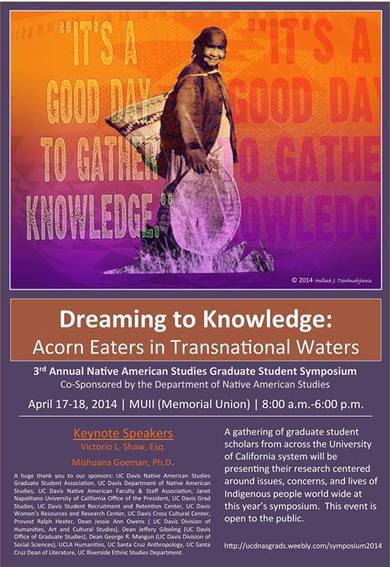

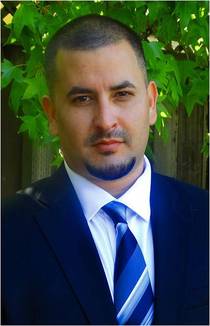
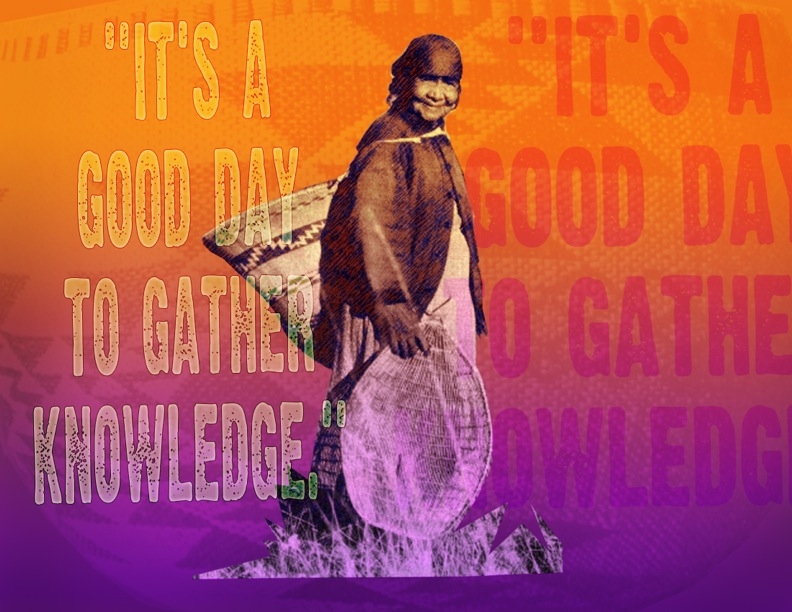
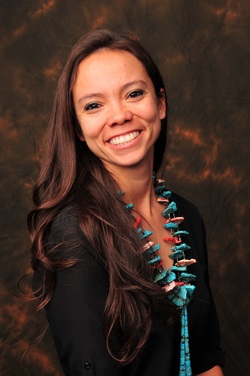

 RSS Feed
RSS Feed

